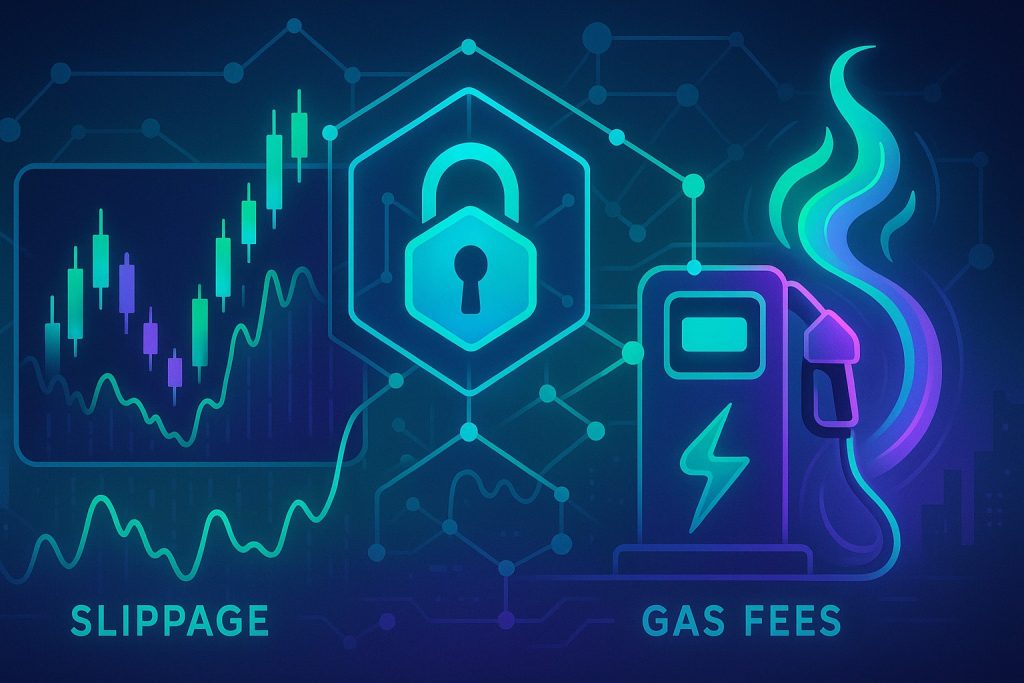The integrity of political donations is a cornerstone of a healthy democracy. When citizens contribute to campaigns, they expect their funds to be used ethically and in accordance with the law. However, the current system often lacks the transparency needed to ensure this is the case. Opaque donation processes can lead to concerns about undue influence, hidden agendas, and even corruption. Blockchain technology offers a promising solution to address these issues and foster greater trust in the political process.
The Problem with Traditional Political Donations
The traditional system of political donations is riddled with challenges. One of the most significant is the lack of transparency. It can be difficult to trace the origin of funds, especially when they come from large corporations or anonymous donors. This opacity raises concerns about potential conflicts of interest and the possibility of quid pro quo arrangements, where donors expect favors in return for their contributions.
Another problem is the administrative burden associated with tracking and reporting donations. Campaigns must meticulously record all contributions and comply with complex regulations. This process is often time-consuming and costly, diverting resources away from other important activities. Furthermore, the risk of human error in manual record-keeping is always present, potentially leading to inaccuracies and even legal violations.
Moreover, the existing system is vulnerable to fraud and manipulation. Individuals can use shell corporations or straw donors to conceal their true identity and circumvent donation limits. This makes it difficult to enforce regulations and hold those who violate the law accountable.
Blockchain: A Solution for Transparency
Blockchain technology offers a revolutionary approach to political donations by providing a secure, transparent, and immutable ledger of all transactions. Every donation is recorded on the blockchain and becomes a permanent part of the public record. This eliminates the possibility of tampering or manipulation, ensuring that the information is accurate and reliable.
One of the key benefits of blockchain is its ability to enhance transparency. All transactions are visible to anyone with access to the blockchain, allowing citizens to track the flow of funds and verify that donations are being used as intended. This increased transparency can help to deter corruption and build trust in the political process.
Blockchain can also streamline the donation process and reduce administrative costs. By automating record-keeping and compliance tasks, campaigns can save time and money. The technology can also be used to enforce donation limits automatically, preventing individuals from exceeding legal restrictions.
Furthermore, blockchain can improve the security of political donations. The technology uses cryptographic techniques to protect transactions from fraud and hacking. This ensures that donations are safe and secure, giving donors peace of mind.
How Blockchain Can Be Implemented
Implementing blockchain for political donations requires careful planning and execution. One approach is to create a dedicated blockchain platform specifically for political contributions. This platform would be governed by a set of rules and regulations designed to ensure transparency and accountability.
Another approach is to integrate blockchain technology into existing campaign finance systems. This could involve using blockchain to track donations, verify donor identities, and automate compliance tasks. However, this approach may require significant modifications to existing infrastructure and regulations.
Regardless of the approach, it is essential to ensure that the blockchain platform is user-friendly and accessible to all citizens. This means providing clear and concise information about how the system works and offering technical support to those who need it.
Challenges and Considerations
While blockchain offers significant potential for improving the transparency of political donations, there are also challenges and considerations that must be addressed. One of the main concerns is privacy. Some donors may be reluctant to have their contributions publicly visible on a blockchain. It is important to find a balance between transparency and privacy to ensure that donors feel comfortable using the system.
Another challenge is scalability. Blockchain networks can become congested when there are a large number of transactions. This could slow down the donation process and make it more difficult for campaigns to raise funds. It is important to choose a blockchain platform that can handle a high volume of transactions.
Furthermore, there is a need for clear legal and regulatory frameworks to govern the use of blockchain in political donations. This includes defining the legal status of blockchain transactions, establishing rules for data privacy, and addressing issues related to security and fraud.
Examples of Blockchain in Political Fundraising
While widespread adoption is still in its early stages, there are emerging examples of blockchain being used in political fundraising. Some organizations are experimenting with using cryptocurrencies as a means of accepting donations. The use of smart contracts to automate compliance and ensure proper allocation of funds is also being explored.
These early examples demonstrate the potential of blockchain to transform political fundraising and enhance transparency. As the technology matures and becomes more widely adopted, we can expect to see even more innovative applications emerge. The possibilities for strengthening our democratic processes are immense.
The Future of Political Donations
Blockchain technology has the potential to revolutionize political donations and create a more transparent and accountable system. By providing a secure, transparent, and immutable ledger of all transactions, blockchain can help to deter corruption, build trust in the political process, and empower citizens to hold their elected officials accountable.
As the technology continues to evolve and become more accessible, we can expect to see it play an increasingly important role in shaping the future of political donations. The adoption of blockchain could represent a significant step forward in strengthening our democracy and ensuring that the voices of all citizens are heard.
In conclusion, while challenges remain, the potential benefits of using blockchain for transparent political donations are undeniable. It is incumbent upon policymakers, technologists, and the public to explore these possibilities and work together to create a more trustworthy and equitable political landscape.








